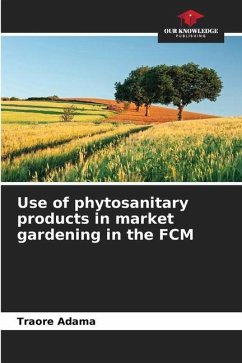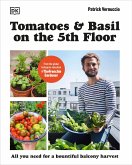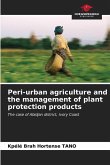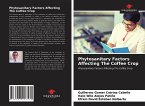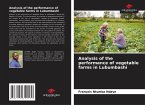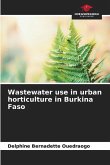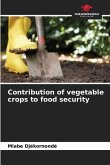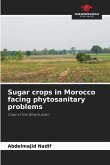The objective of our study is to identify the phytosanitary products used, the methods and practices of management of these products by the market gardeners installed in the Classified Forest of Mbao (FCM). Initiated the study of the negative effects of the use of phytosanitary products by market gardeners. It consisted in taking a quarter of the total population of market gardeners, i.e. 100 surveyed market gardeners. Then, we administered a questionnaire to collect information on pesticides. The study revealed that the majority of producers (95%) in the Mbao Classified Forest use phytosanitary products. Twenty-four (24) commercial specialties and fourteen (14) active ingredients were identified, the most commonly used of which are Dimethoate, Chlorpyriphos-ethyl, Abamectin, Lambdacyalothrin and Acetamepride. 46.2% of the active ingredients used are not authorized by the Sahelian Pesticides Committee (SPC). Non-compliance with hygiene measures and the lack of personal protectiveequipment among producers are widespread. Thus, 39% of producers do not use protective equipment during preparation and treatment.

